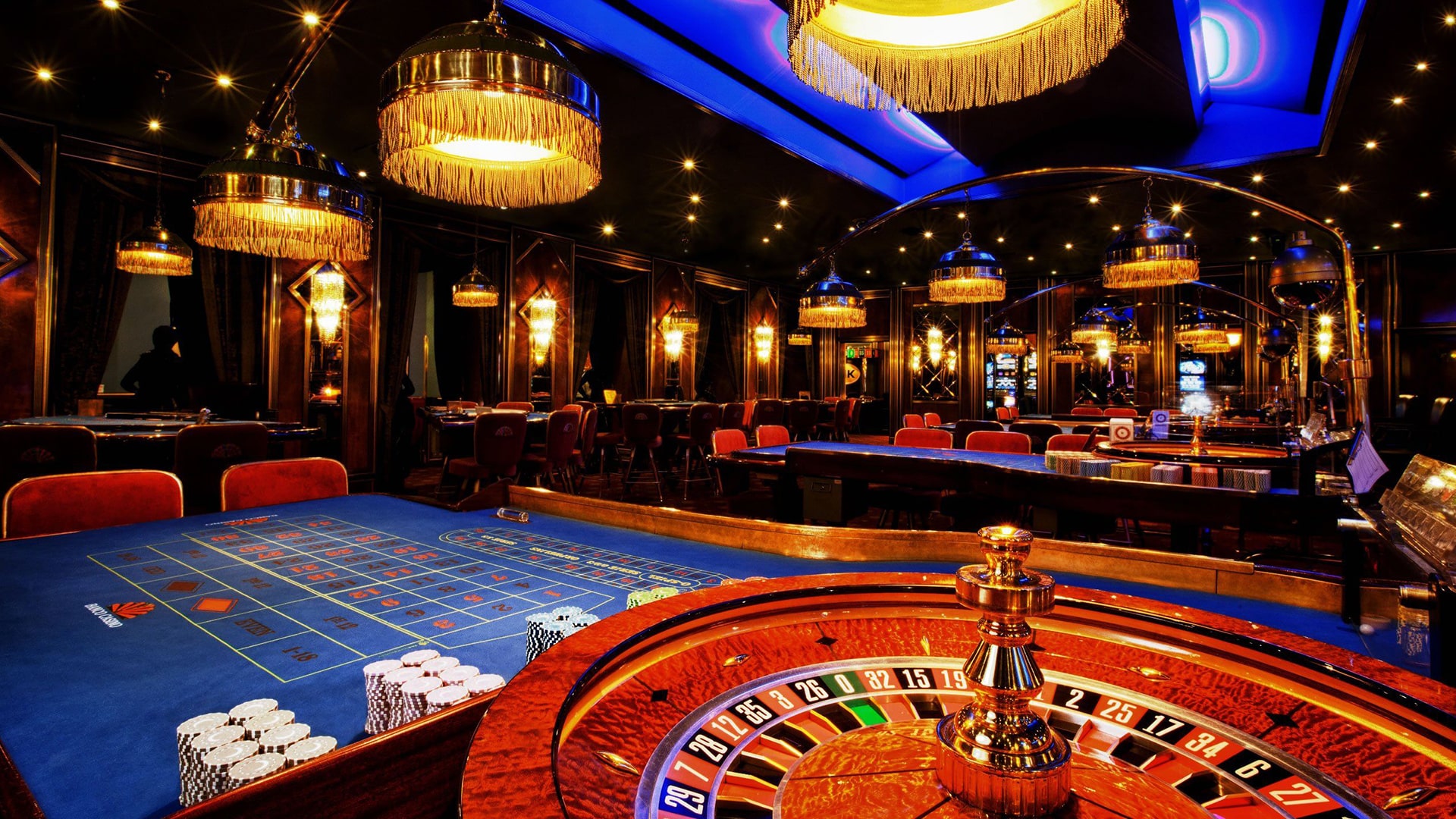
Gambling in casinos has long been a topic of interest and debate, drawing in millions of players around the world. With a blend of chance, skill, and the excitement of risk, casino games offer an exciting escape from everyday life. However, as entertainment becomes ever more accessible, it invites a deeper examination of the morality surrounding these games.
At the heart of the debate lies the issue of whether casinos promote responsible gaming or exploit vulnerable individuals. The appeal of potential winnings versus the reality of losses can create a complex situation, and understanding this balance is essential for both players and operators. As we delve into the ethics of casino gaming, we will explore the responsibilities of casinos, the effects on society, and the measures that can be taken to foster a healthier gaming environment.
The Impact of Casino Gaming on Society
Casino gaming has a notable influence on the community, affecting not only the economy but also interpersonal dynamics and local frameworks. The funds generated from casinos can lead to employment opportunities and boost regional economies, as they provide various employment opportunities in different sectors including hospitality, leisure activities, and retail. However, while the financial benefits can be substantial, communities often struggle with the possible negative impacts that arise from higher gambling activity.
Moreover, the presence of casinos can lead to an increase in gambling addiction, presenting serious challenges for individuals and families. The thrill of casino games can quickly transform into a compulsive habit, affecting connections with others and leading to financial instability. Many individuals may struggle with the loss of control over their gambling behaviors, resulting in a need for community support services and help to address this increasing issue. The social cost of gambling addiction can extend through kinships and neighborhoods, creating an urgent need for sensible gambling approaches.
In addition to the economic and social ramifications, casino gaming often showcases cultural attitudes towards risk and entertainment. It can foster a sense of joy and leisure, attracting visitors and boosting local travel. However, this allure may also mask the broader implications of gambling as a form of entertainment, provoking ethical questions about its promotion and accessibility. As communities weigh the advantages and disadvantages of casino gaming, the need for responsible practices and oversight becomes increasingly critical in ensuring that the positive aspects are maximized while minimizing the negative effects.
Ethical Issues in Gambling Activities
The morality of gambling operations often revolve around the risk for addiction and its effects on individuals and households. bakar 69 Gambling can lead to serious financial distress, impacting not only the gamblers but also their loved ones. As individuals become entrapped in the appeal of winning, many lose track of their financial limits, which can result in devastating results such as bankruptcy. This raises moral questions about the responsibility of casinos in promoting safe gaming habits and offering support for those who may be dealing with betting addiction.
Another major issue is the promotion of gambling to vulnerable populations. Gambling establishments often aim at low-income individuals or communities with the offer of fast rewards, which can continue patterns of financial struggle and hopelessness. In this context, the morality of advertising strategies used by gambling establishments come under scrutiny, as they may take advantage of the need of individuals seeking an way out from financial hardships. This manipulation raises ethical questions about the honesty of the betting industry and its responsibility to protect its most vulnerable patrons.
Additionally, the effect of casino gaming on society as a entirety cannot be ignored. While some argue that casinos create employment and stimulate local economies, others point to the community costs associated with dysfunctional betting, increased crime rates, and a burden on public services. Balancing financial advantages with the risk for social harm presents a complex ethical dilemma for policymakers and gambling operators alike. The difficulty lies in discovering a ethical approach that prioritizes the well-being of individuals and society while still permitting for the enjoyment of casino gaming.
Regulatory System and Responsibilities
The oversight structure related to gambling operations is developed to ensure justice, honesty, and participant security. Various government bodies and gambling commissions set and implement regulations that dictate how gambling activities operate, the standards for product development, and the processes for processing winnings. These regulations differ by jurisdiction but commonly involve permit requirements for businesses and strict measures to avoid deception and fraud.
In furthermore to governing bodies, gaming establishments bear significant accountability in upholding principled standards within their establishments. They must adopt safe gaming practices that promote player protection and consciousness, including presenting self-limitation options and offering information about the dangers associated with betting. Establishments are also obligated for instructing staff to identify signs of problem gambling and be aware of the appropriate measures to support customers in distress.
Moreover, openness in gaming operations is essential for earning and keeping public trust. Operators should offer clear data about the probabilities of activities, advertising deals, and any associated risks. By creating an atmosphere of honesty and accountability, casinos can help mitigate the possible harmful impact of gambling while boosting the overall gambling experience for all players.